Muse, product, assistant: the roles of AI in creative companies
What roles should AI play within a creative economy company? The experts at the German Creative Economy Summit provided some surprising answers.
What roles should AI play within a creative economy company? The experts at the German Creative Economy Summit provided some surprising answers.
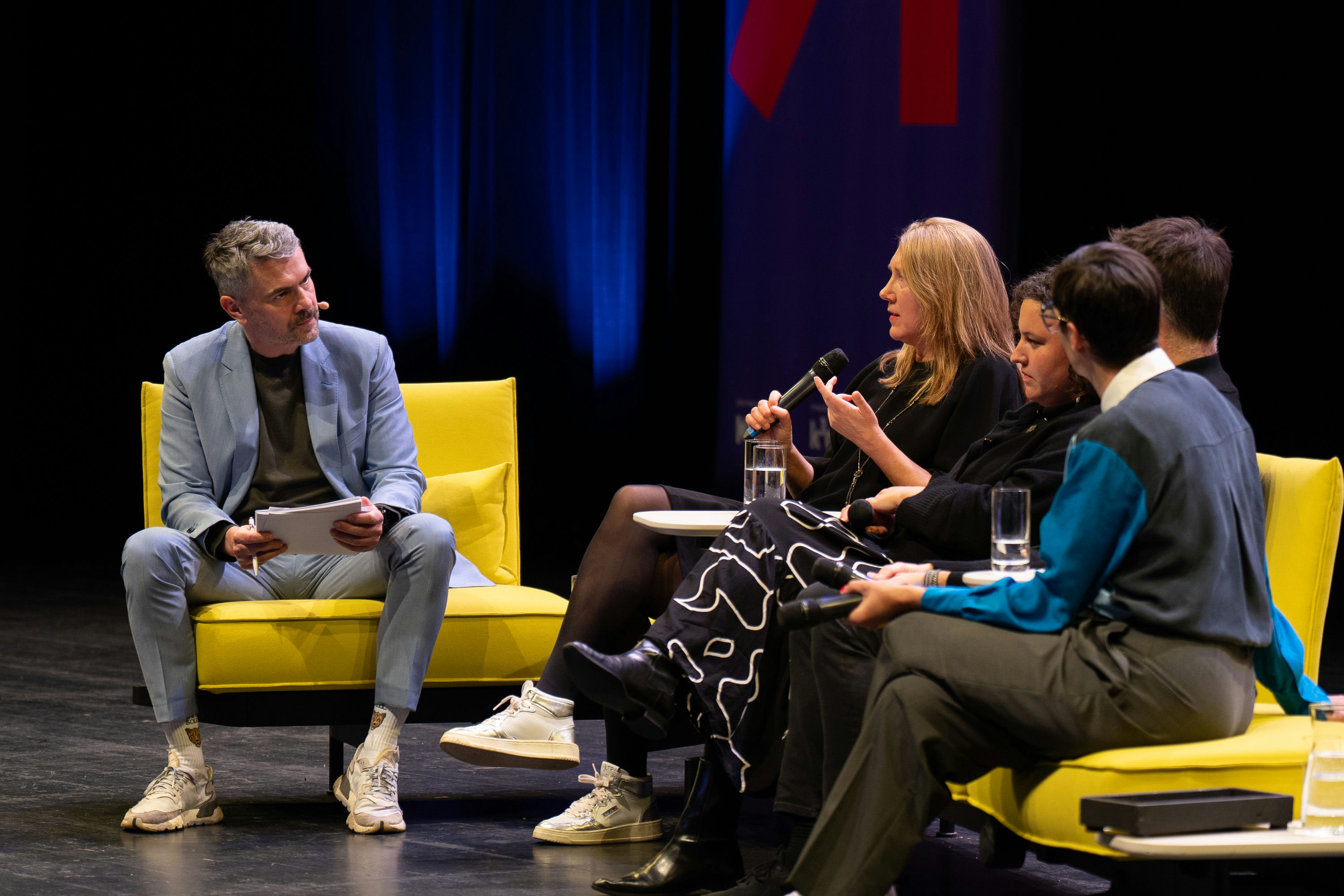
Gen AI is here and with it the question of what role it should play within a creative business. Experts from all 11 submarkets provided answers at the German Creative Economy Summit (GCES). While risks are assessed differently, the speakers agreed: whether solo self-employed, SMEs or large companies, AI is crucial for the economic success of the future - if it is used correctly.
Creative crises, a lack of inspiration, outdated routines: creative people need ideas that shake them up. One example is smiling on stage K6 at GCES: artist Roman Lipski, who pulled himself out of a creative crisis back in 2016 with the help of AI. Back then, Birds on Mars, a Berlin-based AI agency, programmed an AI muse for the Polish painter, from which Lipski was to draw visual inspiration.
The painter experimented more boldly with colours and shapes, the AI as muse changed his painting style.
The speciality: The AI used his own works. This resulted in new paintings that were coherent with his oeuvre as a whole - and yet left the artistic path that Lipski had previously followed. The painter experimented more boldly with colours and shapes, the AI as muse changed his painting style. This approach even turned him into a conceptual artist.
"I lost all my collectors back then," says Roman Lipski, describing the risky decision. Nevertheless, he does not regret it: AI was the guide through his crisis. "In art, seventy per cent is thinking and thirty per cent is painting," is how he describes his creative process - and AI supported him in the seventy per cent that still has little to do with the brushstroke.
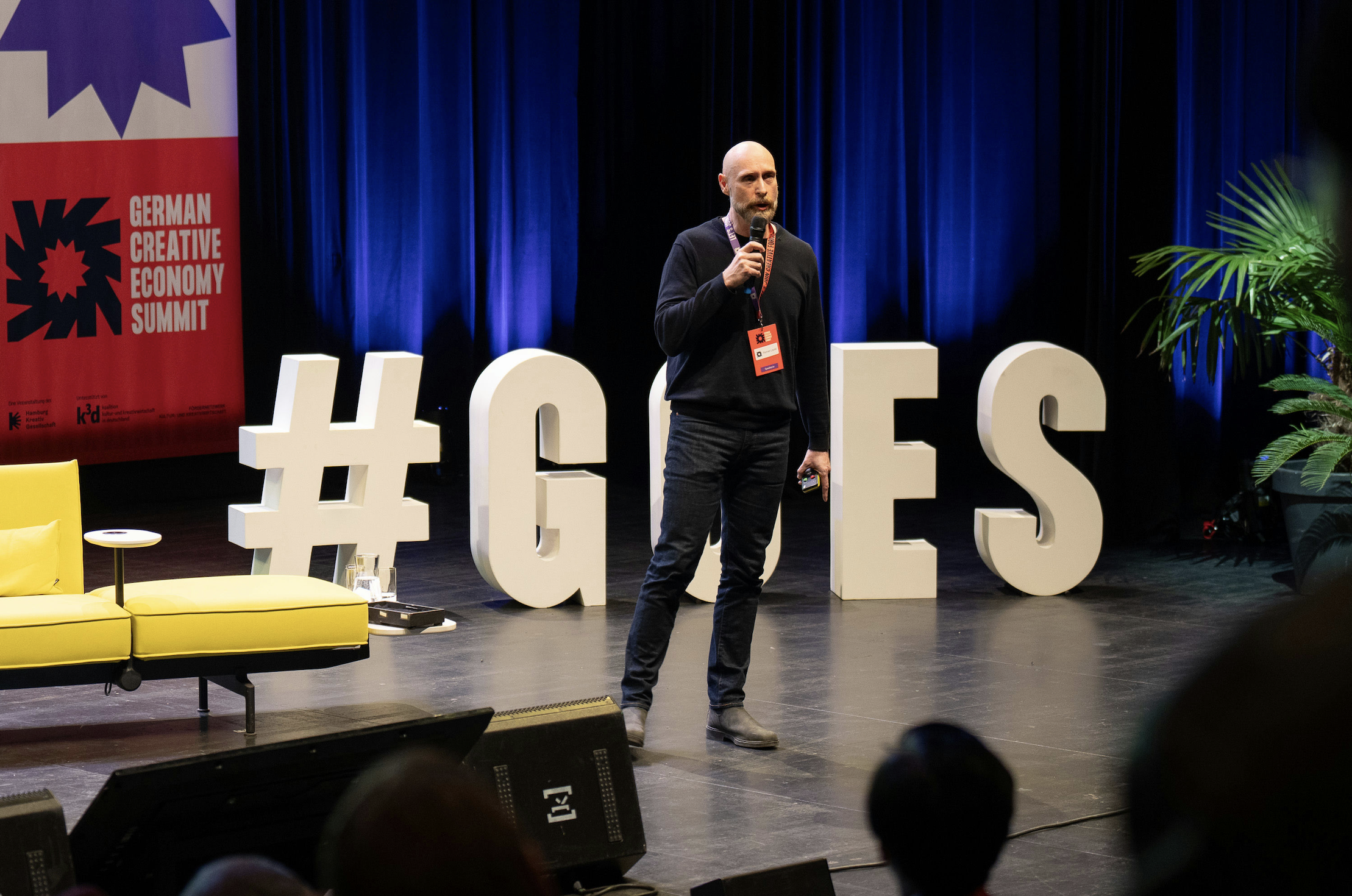
Today, the artist warns inexperienced artists not to get too involved with AI-generated art. Experience with and confidence in one's own oeuvre are an advantage, as generative "creativity" can lead to artistic stagnation, while the enthusiasm can be overwhelming. Those who manage to see AI as a muse - and not as a substitute for their own work - can utilise it in a pioneering way.
"AI can do that now": a sentence that neither agency bosses nor freelancers want to hear. The threat of generative AI is on everyone's lips and it is not uncommon for players in the creative industries to be portrayed as the victims. "It is important to act as an advisory body, not as a victim of this development," says Larissa Pohl, strategist at WPP Open X and honorary president of the GWA. Although this means a massive financial, personnel and time investment in the tools initially, the marketing expert emphasises, in the long term it secures the positioning of creatives in their industry.
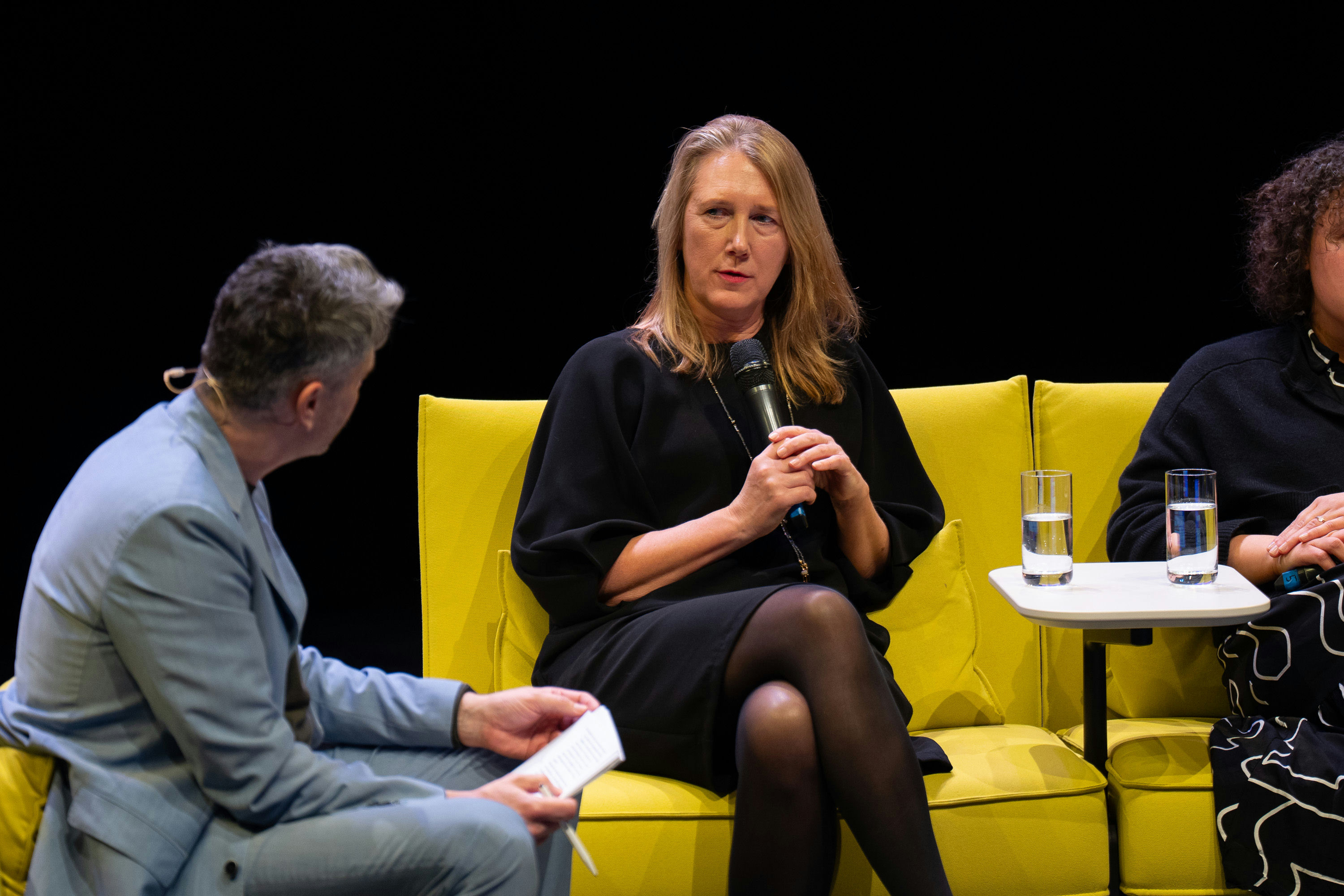
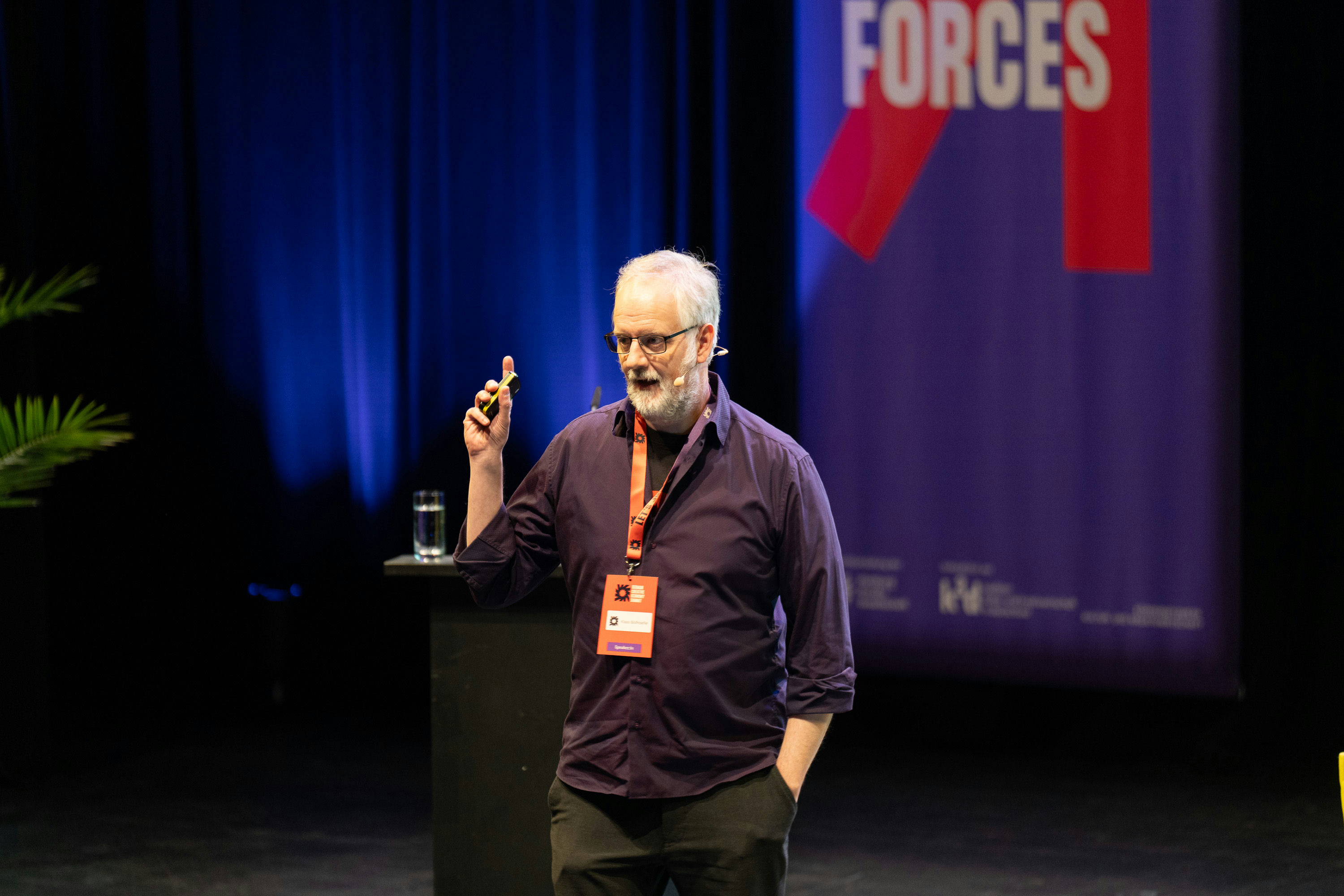
Klaas Bollhoefer also defuses the "man-versus-machine narrative", in which creative professionals can only lose in the fight against the advance of AI. "This narrative is only valid as long as we don't understand the machine," says the AI expert, founder and Chief Strategist of Birds on Mars, and calls for an intensive debate. Those who not only view AI as an internal resource, but also turn the safe use of the new tools into a usable service, will secure themselves a place at the industry table despite changing requirements.
In the controversial discourse of the creative industries, even critical positions can usually agree on one thing: One opportunity for AI lies in increasing efficiency to make processes faster, cheaper and less prone to errors. AI can, should and will take over time-consuming, repetitive tasks in order to free up human resources for other tasks. The use of non-generative AI in particular is an important resource for freelancers and large companies in the industry sectors alike.
"If we as humans expect another human, there should also be one in the future."
But which activities should be outsourced in future? Lisa Steigertahl, Senior Innovation Strategist in the Public Sector division at Microsoft, has a simple rule of thumb: "If we as humans expect another human to be there, there should be one in the future." For example, the personal feedback meeting or physical stage performance should not be replaced. Sending the monthly payslip, routine email correspondence or stocktaking can also be done without human intervention. "AI is there to recognise and reproduce patterns. In future, humans will be responsible for what happens outside of these patterns - for what is new and outstanding," says Sven Bliedung von der Heide, CEO at Volucap, describing the areas of application.
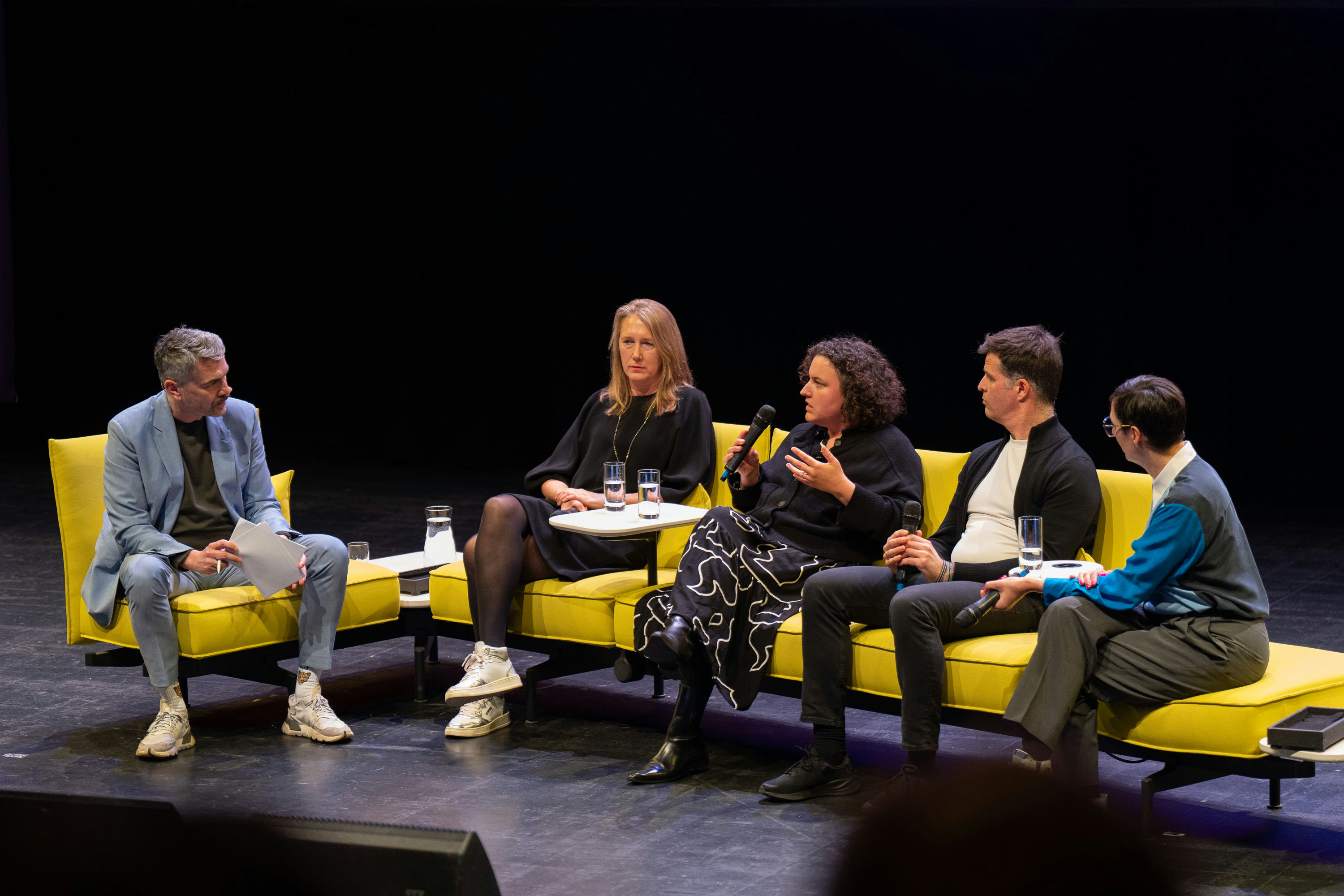
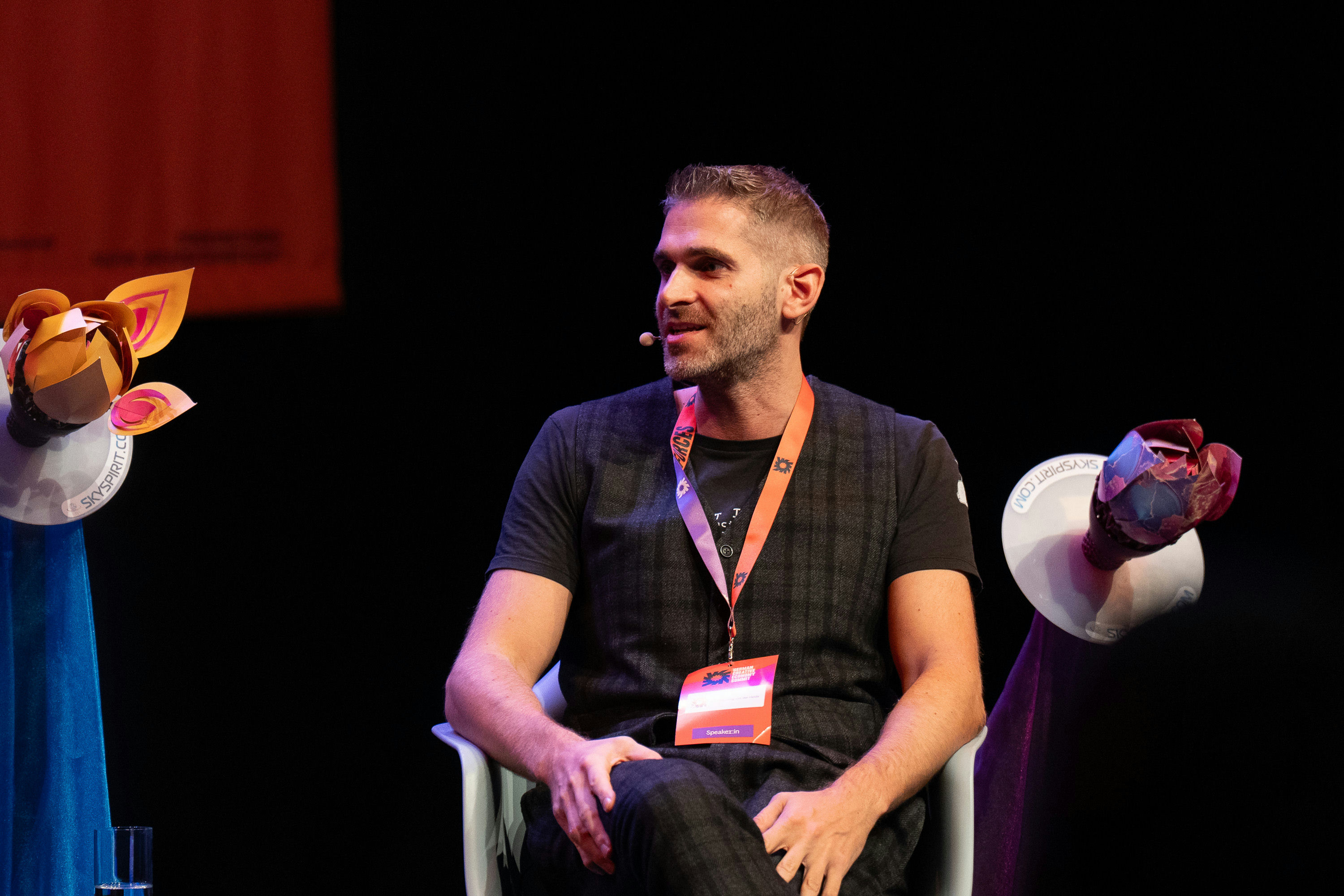
A practical example: founder Jochen Adler runs kompreno, a company that "would not be possible without AI". The start-up translates journalistic texts and makes them accessible to readers in various European countries. The AI takes care of the translation, but the responsibility remains with kompreno. "Our AI takes over 99% of the process, but we don't hand over the crucial one per cent," says Adler, ensuring that the journalists' work is protected - and that they can rely on a human to approve the end product.
Those who use AI as an assistant for time-consuming, repetitive tasks without completely relinquishing responsibility free up important resources for their own creative work, for which humans will continue to be responsible in the future.